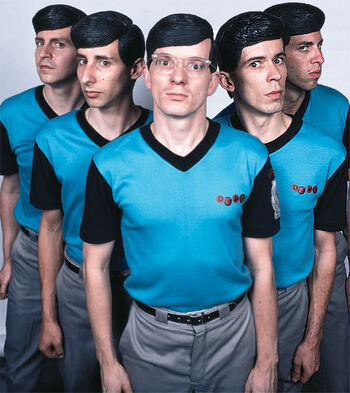
Devo's forthcoming studio, long play release is their first in twenty years and return as a working act comes in a new era where "de-evolution is real and Devo is normal".
Read more »

Devo's forthcoming studio, long play release is their first in twenty years and return as a working act comes in a new era where "de-evolution is real and Devo is normal".
Read more »
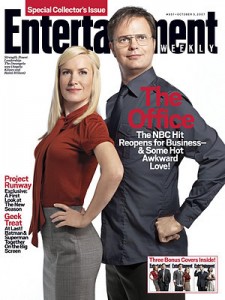
Where Pam and Jim (a couple whose sweetness is wonderfully conveyed by the fused appellation “Jam”) are associated with mild and often toothless critiques of the corporate regime, pulling pranks and expressing symbolic (and frequently non-verbal) opposition to or incredulity about the absurdities of corporate life, Dwangela perform a more substantive critical function.
Read more »

After years of starring in more films and television than any city other than Los Angeles or New York, with the Olympics, Vancouver finally gets to play itself on television.
Read more »

Like much about video game culture, New Super Mario Bros. Wii is profoundly nostalgic.
Read more »

In a sense, Mayer has become his own cultural intermediary. He is a meta-star text sustained in large part by his own mediatory endeavors. This has its benefits, but also poses problems for the many John Mayers jockeying for control over the text.
Read more »

The latest ideological skirmish will be played out through a History Channel mini-series on the Kennedys by conservative producer Joel Surnow. The problem, though, runs much deeper than shoddy history. It is rooted in a fundamental epistemological divide between left and right over what constitutes truth and how we arrive at it.
Read more »
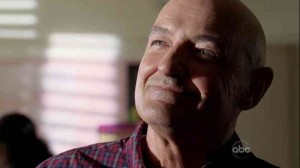
Is Jacob the mystical SysOp of Lostpedia? Or is he just a teacher looking for a substitute?
Read more »

Despite all the other Buzz around Google lately, its other announcement last week is the real big deal: Google's plan to build an experimental 1 Gbps, fiber-to-the-home broadband network will have a big impact on net neutrality and broadband stimulus policies.
Read more »
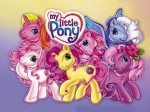
What's in a name? Hasbro and Discovery begin branding efforts for their new joint venture cable network debuting later this year.
Read more »

Ten (or more) media industry stories you might have missed recently
Read more »

Olympic winter games are a rudiment of a bygone modern era of (television) culture. Whereas summer games have adopted to changing viewing habits, Winter Olympics have essentially remained fifteen ways of sliding.
Read more »

Celebrity Doppelgänger Week on Facebook and the upcoming issue of Vanity Fair have raised questions about the lack of racial and ethnic diversity in Hollywood and US celebrity culture and remind us that visibility still matters.
Read more »
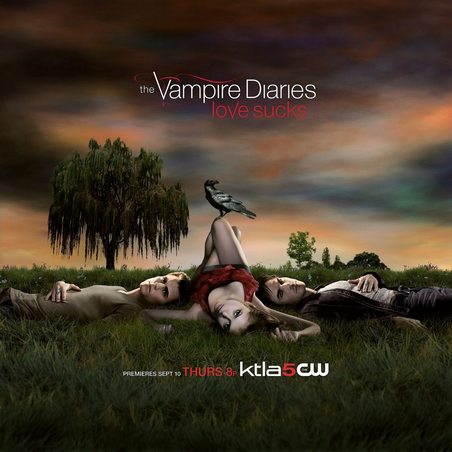
A defense and explanation of teen melodrama Vampire Diaries.
Read more »

One of my favorite television critics, Alan Sepinwall, ended his review of this week’s Lost with this spot-on reflection: Mainly, though, “What Kate Does” was a table-setting episode. I can see lots of things introduced here paying off interestingly down the road, maybe even as soon as next week, but there wasn’t enough meat...
Read more »

Universal Studios announced the arrival of the Wizarding World of Harry Potter to Super Bowl-watching muggles. What does this mean for the Harry Potter franchise?
Read more »

In an era of fragmentation it's the only media program left that has any kind of mass ritual component. Which, of course, is not only why so many debate its contents but why and how we , as scholars, should approach the program.
Read more »